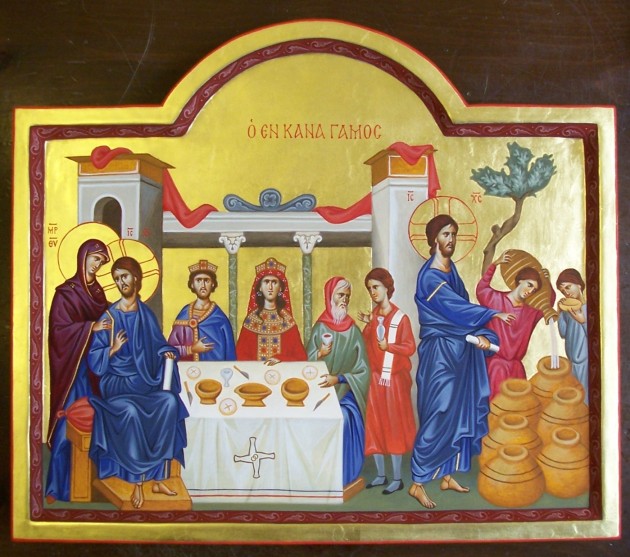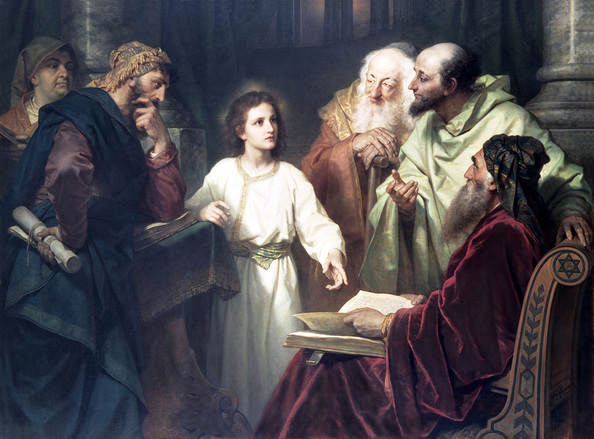The Primacy of Adoration

Let all the earth adore Thee, O God, and sing to Thee: let it sing a psalm to Thy Name, O Most High. V. Shout with joy to God, all the earth, sing ye a psalm to His Name: give glory to His praise. (Psalm 65:4, 1–2)
The Primacy of Adoration
The Introit of today’s Holy Mass summons all the earth to adore God and sing to Him. It is a compelling expression of what Pope Benedict XVI, speaking to the parish priests and clergy of Rome on 14 February 2013, called “the primacy of adoration”. Reflecting on his personal experience of the Second Vatican Council, Pope Benedict XVI noted that the first document promulgated by the Council Fathers was the Constitution on the Sacred Liturgy, Sacrosanctum Concilium. For Pope Benedict XVI, the fact that in 1963 the Second Vatican Council spoke first of the sacred liturgy provides the present generation with the hermeneutical key it needs for a correct and fruitful implementation of the other Conciliar documents.
I find now, looking back, that it was a very good idea to begin with the liturgy, because in this way the primacy of God could appear, the primacy of adoration. “Operi Dei nihil praeponatur“: this phrase from the Rule of Saint Benedict (cf. 43:3) thus emerges as the supreme rule of the Council. Some have made the criticism that the Council spoke of many things, but not of God. It did speak of God! And this was the first thing that it did, that substantial speaking of God and opening up all the people, the whole of God’s holy people, to the adoration of God, in the common celebration of the liturgy of the Body and Blood of Christ. In this sense, over and above the practical factors that advised against beginning straight away with controversial topics, it was, let us say, truly an act of Providence that at the beginning of the Council was the liturgy, God, adoration.
In a similar way, the first chant of today’s Holy Mass, Omnis terra adoret te, Deus, “opens up all the people, the whole of God’s holy people, to the adoration of God”. Only the man who adores God can hear God rightly. Adoration is the fundamental disposition of man entering the presence of God. When God, speaking to Moses out of the burning bush, enjoined him to put off the shoes from his feet, He was, in effect, calling Moses to make an act of adoration. Adoration opens man to the inbreaking of God.
And when the Lord saw that he went forward to see, he called to him out of the midst of the bush, and said: Moses, Moses. And he answered: Here I am. And he said: Come not nigh hither, put off the shoes from thy feet: for the place whereon thou standest is holy ground. And he said: I am the God of thy father, the God of Abraham, the God of Isaac, and the God of Jacob. Moses hid his face: for he durst not look at God. (Exodus 3:4–6)
The Inbreaking of God
Epiphanytide, with its five distinctive Gospels, actualises the manifestation and inbreaking of God in the Church today. Each of these five Gospels manifests the adorable divinity of Jesus Christ, “God from God, Light from Light, Very God from Very God”. In response to these mystery–events, one can only fall down and adore. The five Gospels of Epiphanytide are:
1. Matthew 2:1-12, Our Lord makes himself known to the Magi by means of a star, and receives their adoration in Bethlehem.
And behold the star which they had seen in the east, went before them, until it came and stood over where the child was. And seeing the star they rejoiced with exceeding great joy. And entering into the house, they found the child with Mary his mother, and falling down they adored him. (Mt 2:9-11)
2. John 1:29-34 — At His Baptism in the Jordan by John, the Holy Ghost descends in the form of a dove, and the voice of the Father reveals Jesus as His Beloved Son, in whom He is well pleased.
Now it came to pass, when all the people were baptized, that Jesus also being baptized and praying, heaven was opened; And the Holy Ghost descended in a bodily shape, as a dove upon him; and a voice came from heaven: Thou art my beloved Son; in thee I am well pleased. (Lk 3:21-22)
3. John 2:1-11 — At the wedding feast in Cana of Galilee, Jesus, at His Mother’s bidding, changes water into wine.
And the wine failing, the mother of Jesus saith to him: They have no wine. And Jesus saith to her: Woman, what is that to me and to thee? my hour is not yet come. His mother saith to the waiters: Whatsoever he shall say to you, do ye. (Jn 2:3-5)
4. Matthew 8:1-13 — Jesus, with a word, cleanses a leper.
And behold a leper came and adored him, saying: Lord, if thou wilt, thou canst make me clean. And Jesus stretching forth his hand, touched him, saying: I will, be thou made clean. And forthwith his leprosy was cleansed. (Mt 8:2-3)
5. Matthew 8:23-27 — Jesus calms the raging sea.
And behold a great tempest arose in the sea, so that the boat was covered with waves, but he was asleep. And they came to him, and awaked him, saying: Lord, save us, we perish. And Jesus saith to them: Why are you fearful, O ye of little faith? Then rising up he commanded the winds, and the sea, and there came a great calm. (Mt 8:24-25)

